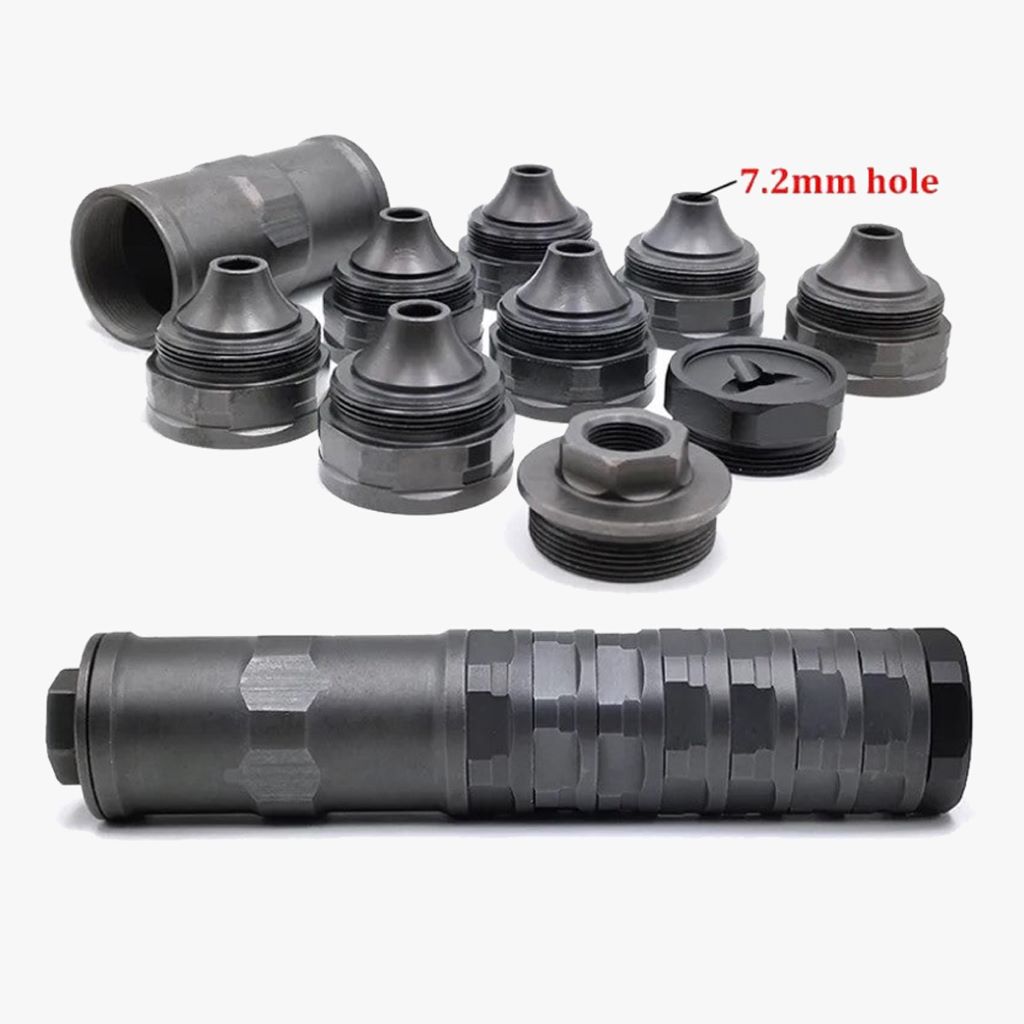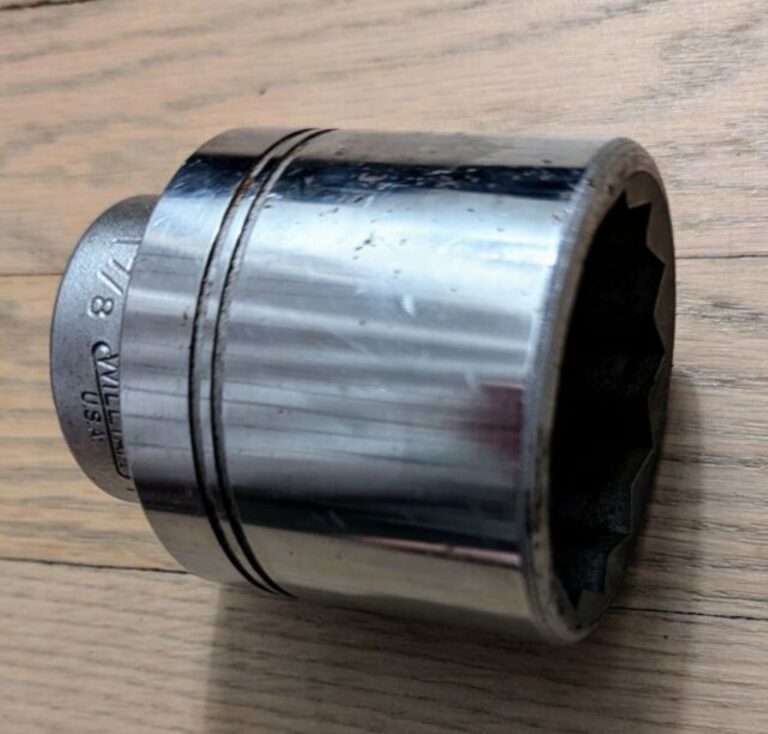Solvent traps have become a topic of interest and debate among gun owners, hobbyists, and even regulatory bodies. While their primary purpose is often misunderstood, a clear understanding of their function, legality, and potential misuse is crucial.
What is a Solvent Traps?
At its core, a solvent trap is a firearm accessory designed to capture and contain cleaning solvents and debris during the firearm maintenance process. They typically consist of a cylindrical tube with threaded ends that attach to the muzzle of a firearm. Internally, they may have baffles or mesh screens to aid in the collection of solvent and residue.
Primary Use: Firearm Cleaning
The most common and intended use of a solvent trap is to streamline the cleaning process. When cleaning a firearm’s barrel, pass solvent through the bore to remove fouling and residue. A solvent trap attached to the muzzle captures the solvent and prevents it from spilling or dripping, making the cleaning process cleaner, more efficient, and environmentally friendly.
Benefits of Using Solvent Traps:
- Reduced Mess: Solvent traps prevent the mess associated with traditional cleaning methods, where solvent can spill onto surfaces or the ground.
- Environmental Responsibility: By capturing solvent, traps help prevent it from contaminating the environment.
- Solvent Recovery: Some of these allow for the recovery and reuse of cleaning solvents, saving money over time.
- Enhanced Safety: They help protect the shooter from exposure to harmful cleaning chemicals.
Legal Considerations

In the United States, the legality of this is a complex issue. While solvent traps themselves are not illegal, their potential to be converted into firearm suppressors (silencers) has led to scrutiny by the Bureau of Alcohol, Tobacco, Firearms and Explosives (ATF).
- Unmodified Use: When used as intended for firearm cleaning, solvent traps are generally legal.
- Modification and Intent: Modifying a solvent trap to function as a suppressor is illegal without proper registration and tax payment as per the National Firearms Act (NFA).
It’s crucial for gun owners to be aware of the legal distinctions and to use these only for their intended purpose.
Beyond Cleaning: Potential Misuse
Because of their design, people can modify solvent traps to function as makeshift suppressors. This has raised concerns about their potential misuse in criminal activities. It’s important to note that such modification is illegal and can lead to serious legal consequences.
Tech for Good: Harnessing Technology to Solve Global Challenges
Choosing Solvent Traps
If you’re considering a solvent trap for firearm cleaning, keep these factors in mind:
- Material: Manufacturers commonly make these from aluminum, stainless steel, or titanium.
- Thread Pattern: Ensure the thread pattern matches your firearm’s muzzle.
- Baffle Design: Baffles or mesh screens help with solvent collection.
- Ease of Cleaning: Look for traps that are easy to disassemble and clean.
Related: How Do You Stay Cyber Safe Online?
Responsible Ownership
Responsible gun ownership extends to the use of accessories like these. Always use them as intended, be aware of the legal implications, and prioritize safety.
Conclusion
Solvent traps are a valuable tool for firearm maintenance when used responsibly. They offer benefits in terms of cleanliness, environmental responsibility, and safety. However, understanding their legal status and potential for misuse is crucial for any gun owner.





